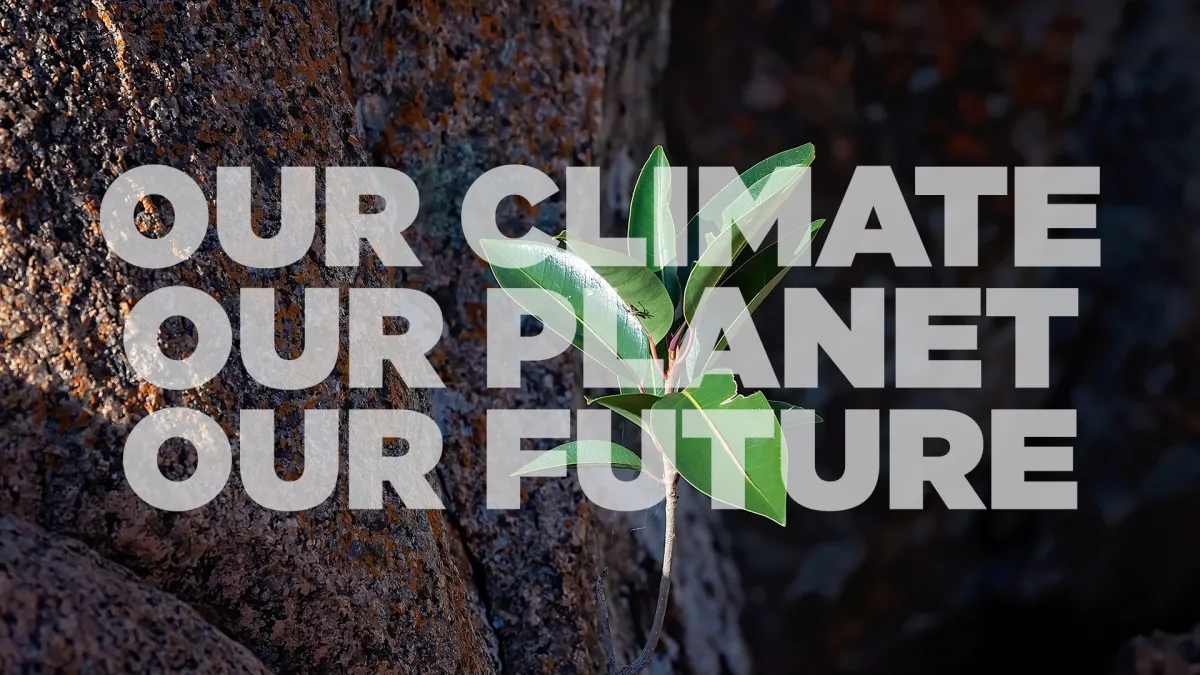Country and Climate Yarning Circle

First Nations knowledge-keepers and Australian Climate Scientists are working together to inspire a sustainable future at the “Country and Climate Yarning Circle” as part of this year’s Desert Song Festival in Alice Springs.
The Yarning Circle voices include over 12 different Mobs, 10 research institutions from across Australia, seven First Nations owned and led groups, businesses and initiatives, and emerging leaders.
NCEPH is honoured to be part of this discussion, with Professor Sotiris Vardoulakis and other colleagues from ANU talking about the Healthy Environments and Lives (HEAL) Network. The HEAL network aims to catalyse research, knowledge exchange and translation into policy and practice that will bring measurable improvements to health and the environment.
“Aboriginal and Torres Strait Islander communities have lived in harmony with their natural environment and successfully adapted to environmental change for thousands of years. That’s why it is so important to bring together Indigenous knowledge and wisdom with Western science when dealing with the health effects of climate change,” says Vardoulakis.
Professor Vardoulakis will also be talking about clean energy and air quality in Alice Springs.
“Remote communities in Central Australia are exposed to rising temperatures due to climate change. Extreme heat can be life threatening for people if the cannot cool their homes, medication and food supplies. That’s why they need reliable, affordable and clean energy. Many remote Aboriginal communities currently rely on polluting and expensive diesel generators. Solar energy is a healthier, more sustainable and affordable option for these communities.”
The Yarning Circle hopes to bring caring for country and climate to the forefront of local and national policies and action, with conversations interspersed with short films, poetry, music and live performances.
The “Country and Climate Yarning Circle” is from 12-16 September in Alice Springs. You can attend live, or stream the morning or afternoon session online.
 Professor Vardoulakis visited the Desert Knowledge Australia (DKA) solar Solar Centre in Alice Springs (some of which is pictured above). DKA is a not-for-profit that facilitates learning, research, socioeconomic development, and environmental sustainability in Central Australia, and is committed to developing opportunities to build a stronger and more connected desert and remote Australia.
Professor Vardoulakis visited the Desert Knowledge Australia (DKA) solar Solar Centre in Alice Springs (some of which is pictured above). DKA is a not-for-profit that facilitates learning, research, socioeconomic development, and environmental sustainability in Central Australia, and is committed to developing opportunities to build a stronger and more connected desert and remote Australia.
